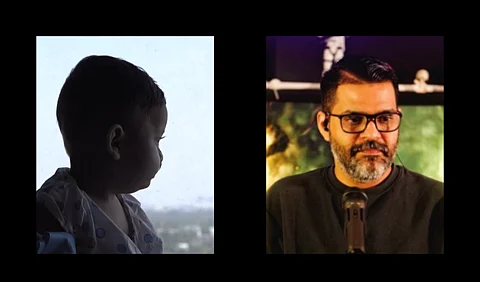To reduce the risk of immune rejection, the medical team followed a specialized treatment protocol.
“In transplants involving blood group incompatibility, the body’s immune system may reject the new liver. Umar was given plasmapheresis and immunosuppressive therapy to reduce antibodies in his system before surgery. This protocol, significantly more expensive than standard procedures, was essential for the transplant’s success,” added Dr. Biju, senior consultant - GI, HPB and Multiorgan Transplant Surgery at Rajagiri Hospital..
The cost of such a complex procedure could have been a major barrier. However, Rajagiri Hospital stepped in to fully fund the surgery and follow-up care, totaling approximately ₹40 lakh.


